Race & the Labor Movement
/President Trumka of the AFL CIO said, “When a new immigrant gets mistreated by management because they don’t speak the language, that is our fight…When an African American worker doesn’t get a promotion or fair pay because of the color of his or her skin, that is our fight. When women are paid less than men for the same work, that is a fight for every single one of us.”
This summer our nation was devastated by the racially-motivated killings in an historic black church in South Carolina where nine people were massacred during a Bible study group. We say to those nine: Cynthia Marie Graham Hurd, Susie Jackson, Ethel Lee, Depayne Middleton-Doctor, Clementa C. Pinckney, Tywanza Sanders, Daniel Simmons, Sharonda Coleman-Singleton, and Myra Thompson, that we refuse to let their deaths be in vain. We will also be making a donation from our Summer General Membership Meetings to the Emanuel African Methodist Episcopal Church in small measure to express the deep sadness and commitment to racial equity of the people of the Washington State labor movement.
President Trumka also said “We are here today because labor leaders like A. Philip Randolph and Walter Reuther showed us there was a better way.” And Trumka urged that we “use the occasion of the tragic death of Michael Brown and its aftermath here in St. Louis to begin a serious and open-ended conversation about what we can do, about what we should do. That conversation needs to be about racism and some other things as well.”
Right here in Washington State, we see the multiple effects of institutionalized racism and implicit bias. Justice Stephen Gonzalez prior to becoming Washington State Supreme Court Justice said “racial and ethnic bias distorts decision-making at various stages in the criminal justice system, thus contributing to disproportionalities in the criminal justice system.”
We know implicit bias impacts all kinds of decision makers within organizations resulting in institutional racism – the negative treatment to a group of people based on their race leading to inequality.
UFCW 21 is working to assess institutionalized racism, within our movement, local unions, leadership structures, workplaces, and within each and everyone of us.
We also recognize that the labor movement is responsible for uplifting generations of workers of color. Studies show that unionized women of color earn almost 35% percent more than non-union women of color and unionization raises African American workers’ wages by $2.00 an hour. Organizing into unions can be a huge advantage for women and people of color. Despite these positive results, we still have a long way to go.
To help us along the way we are also deeply committed to building strong relationships with the NAACP, the Black Lives Matter movement, the Washington Christian Leaders Coalition, the Communities of Color for Climate Justice and others on issues of institutionalized racism and building an equitable society. And we are working with the labor movement to take up Trumka’s call to have a “a serious and open-ended conversation about what we can do, about what we should do regarding race and the labor movement.”


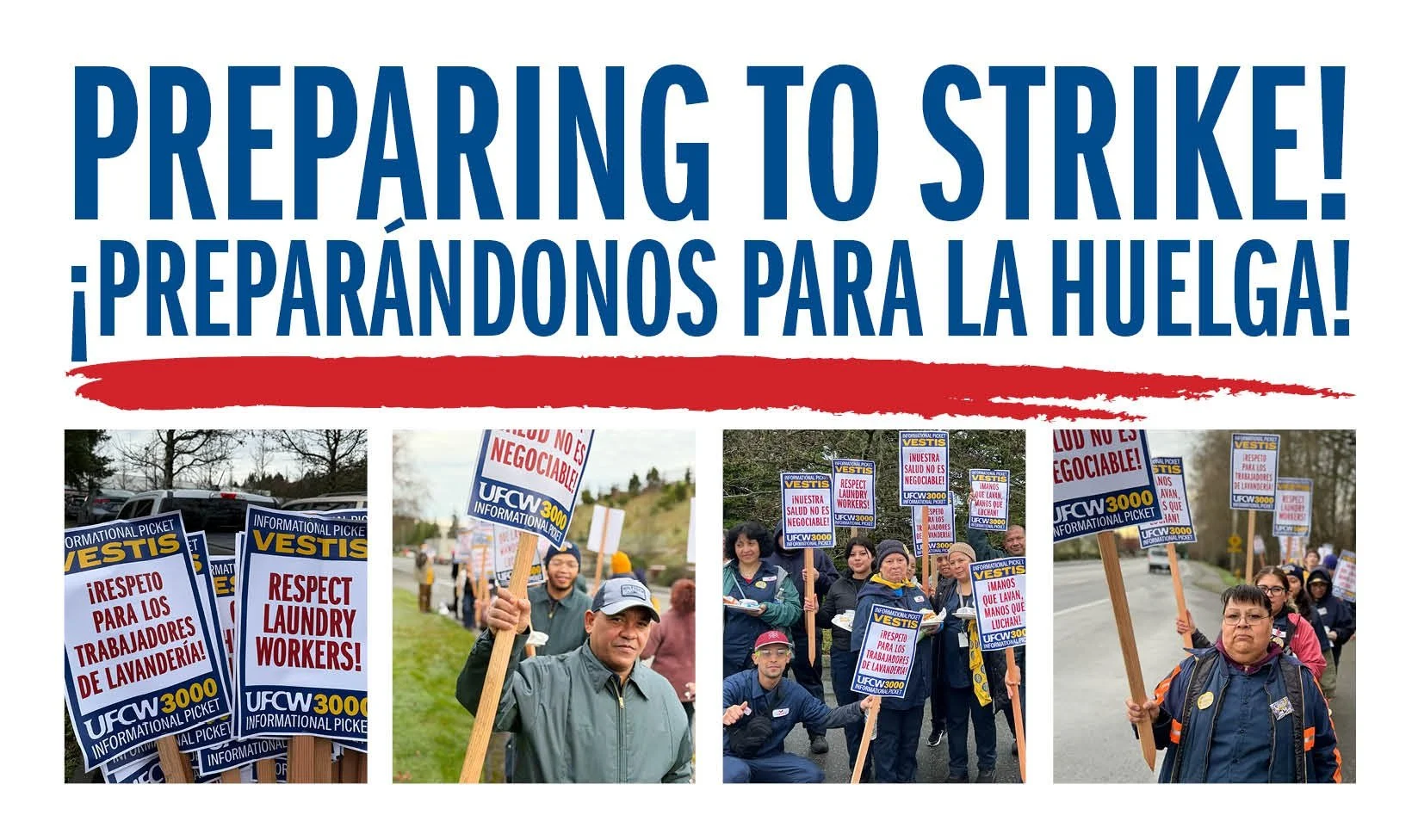
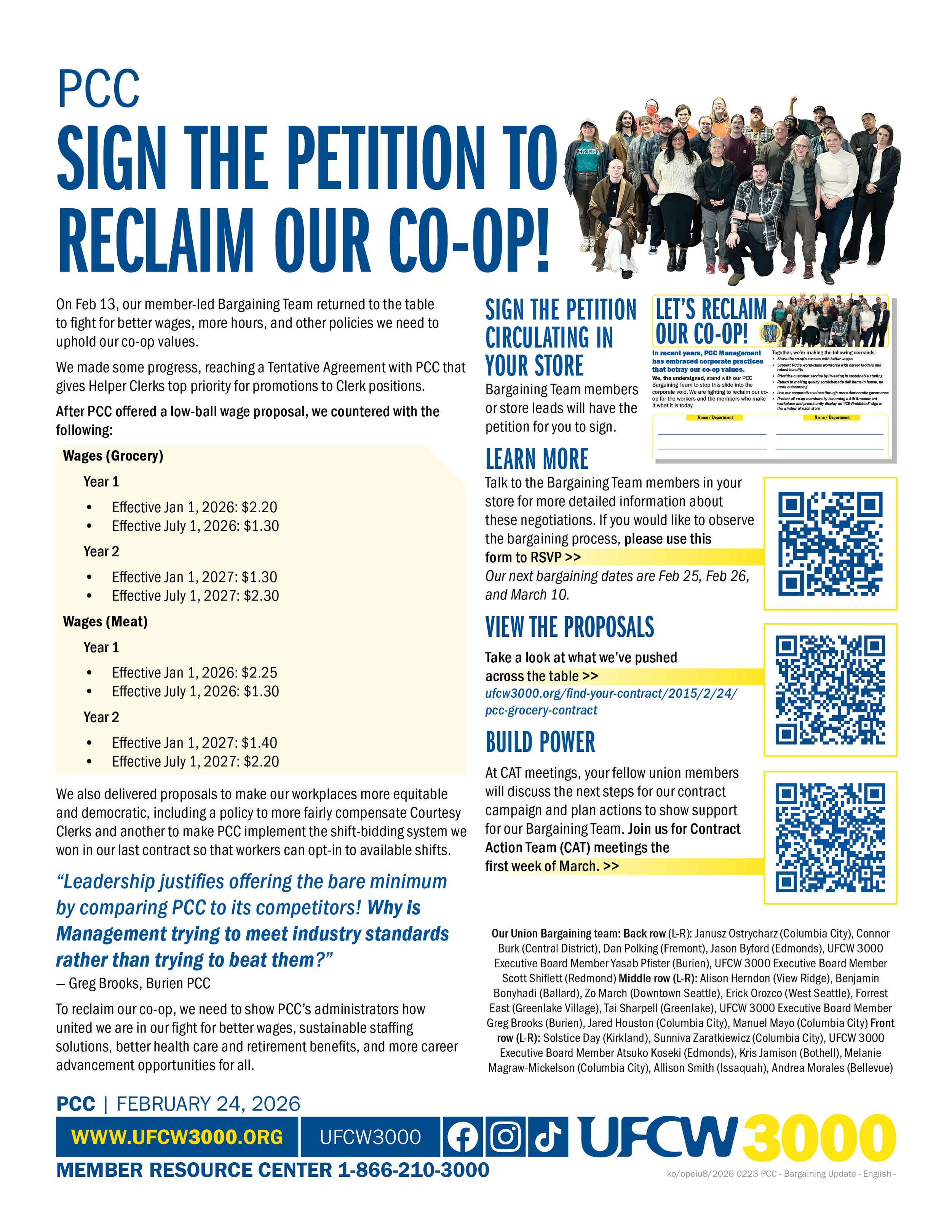
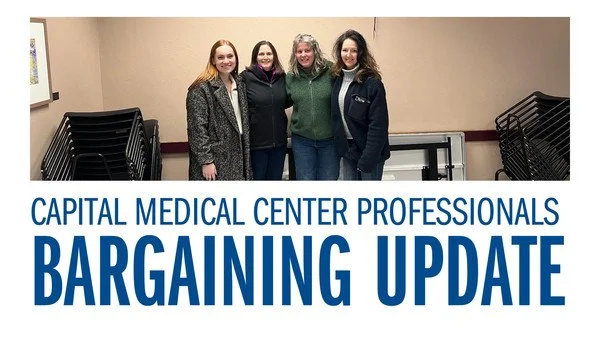
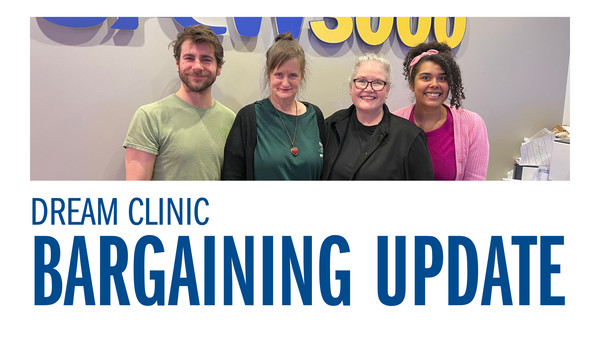

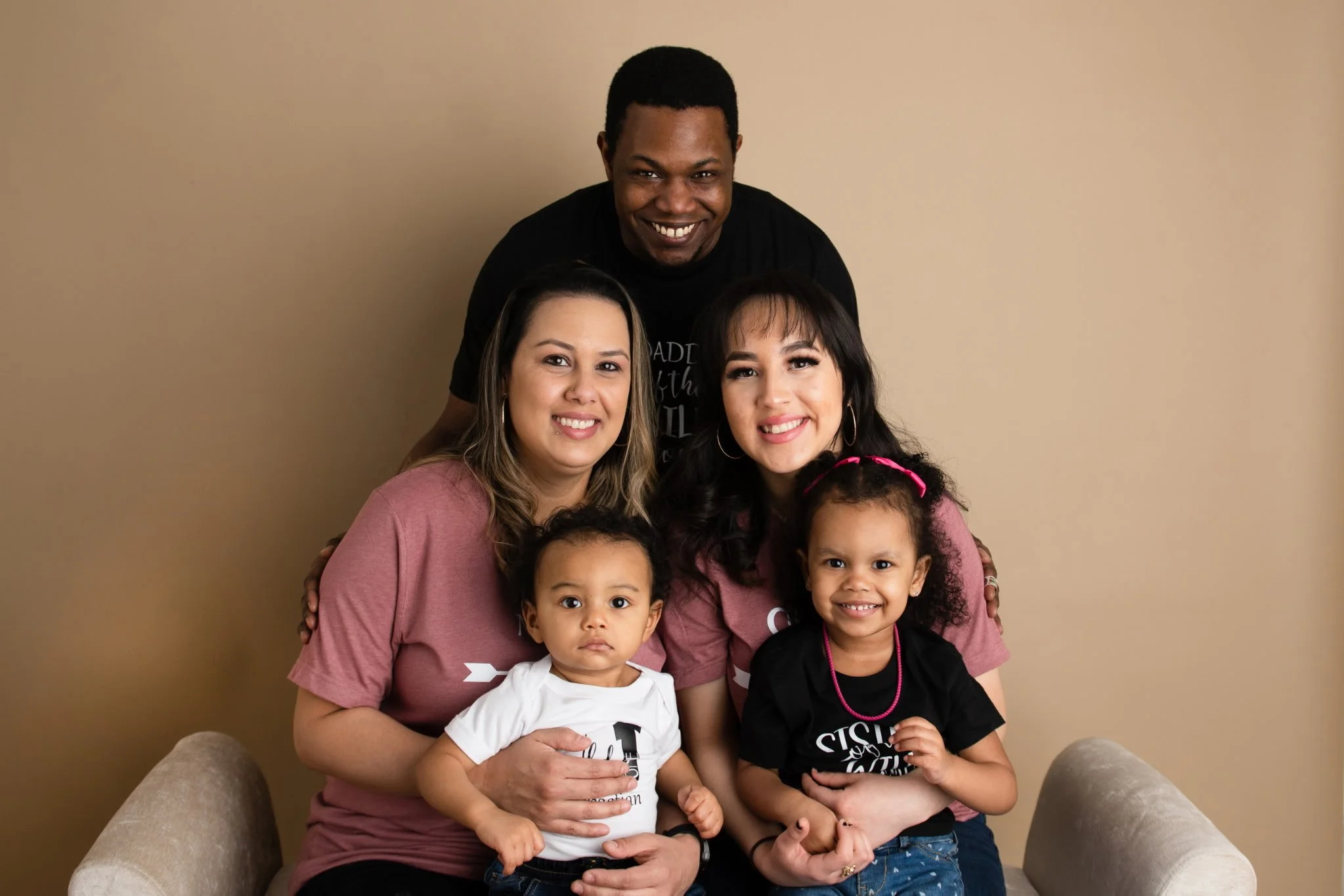
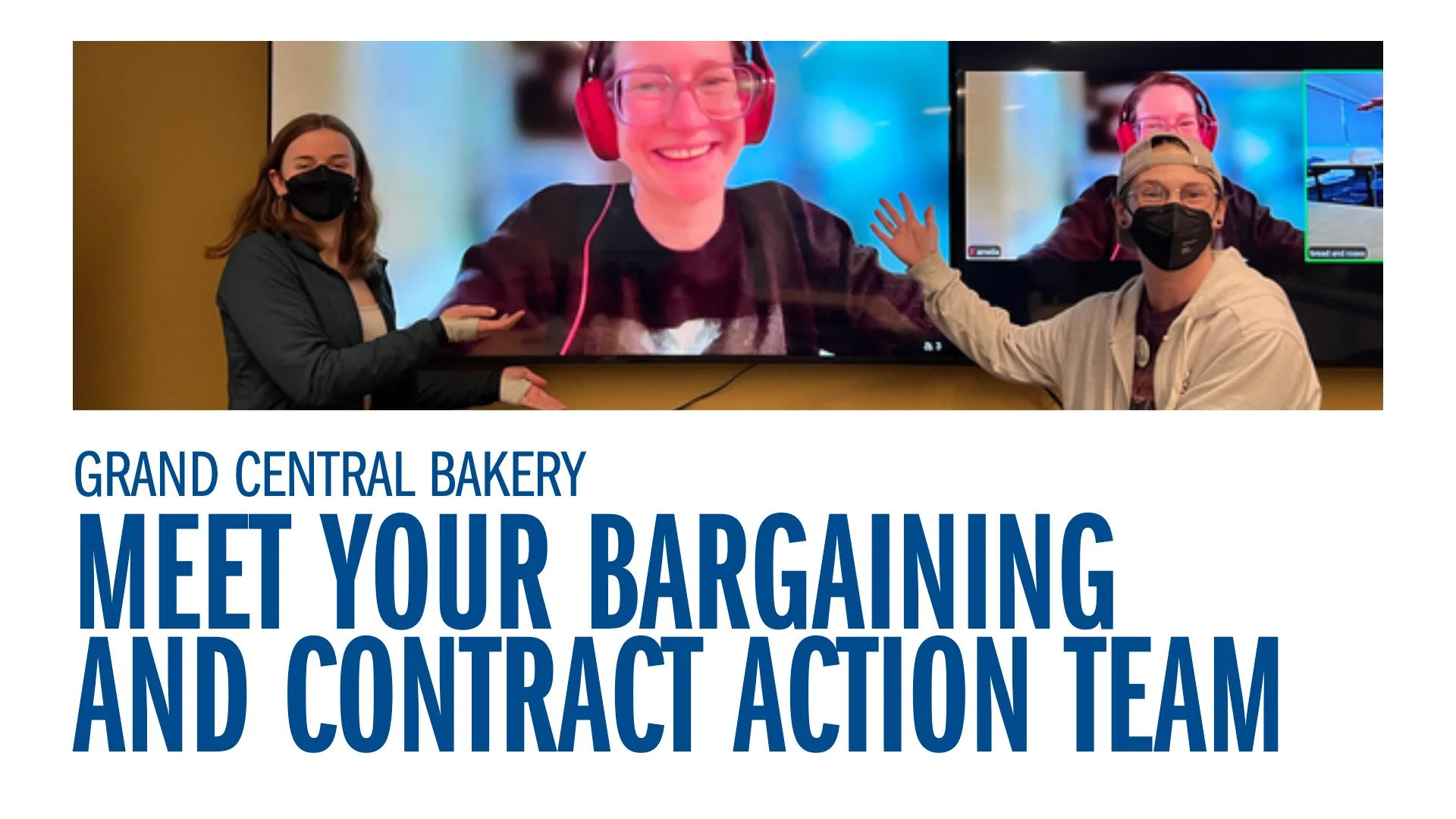

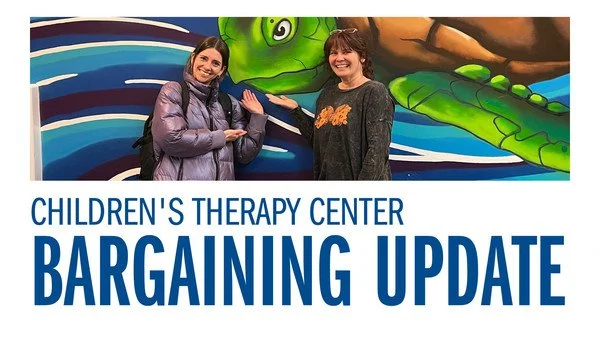

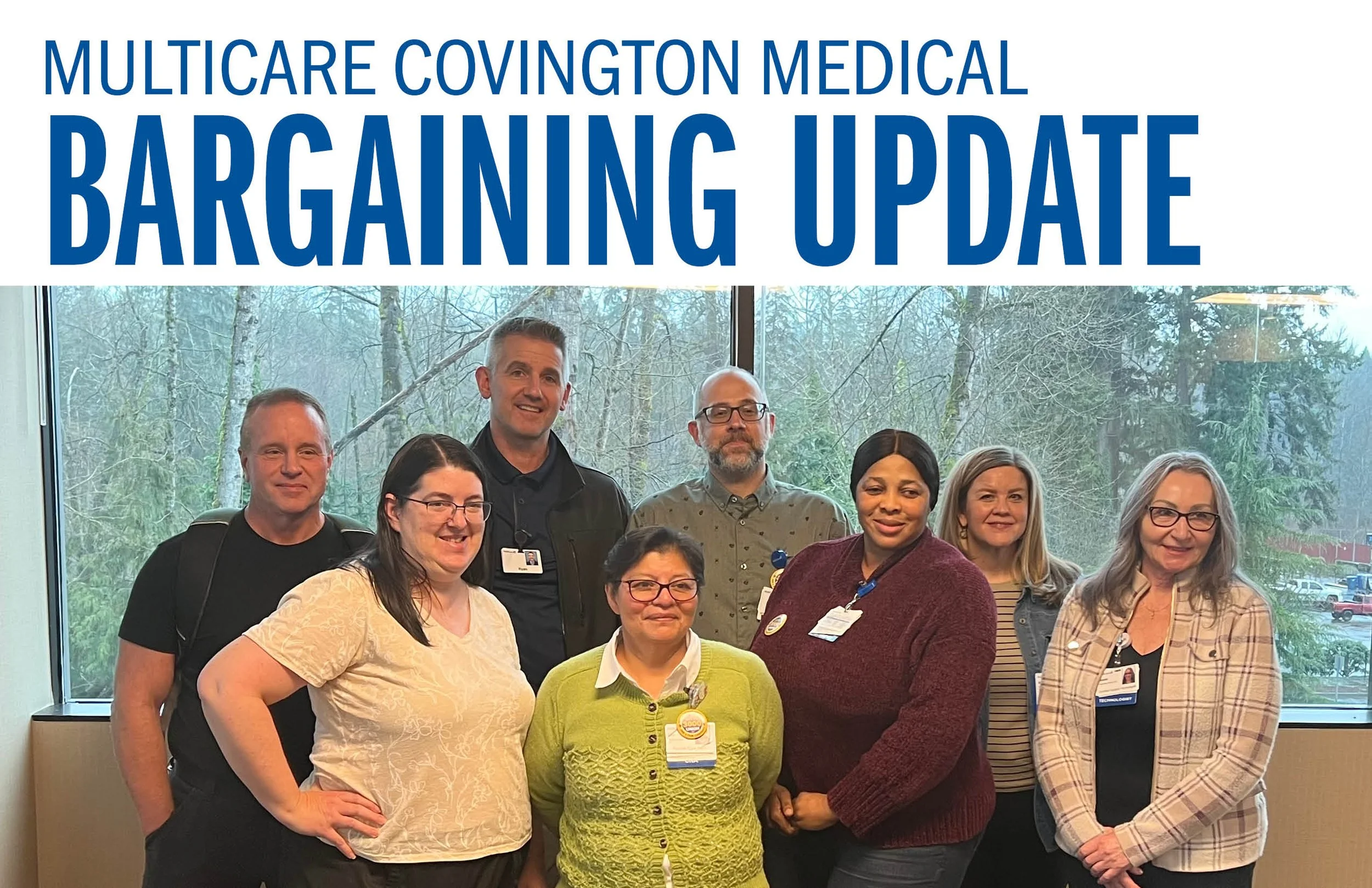
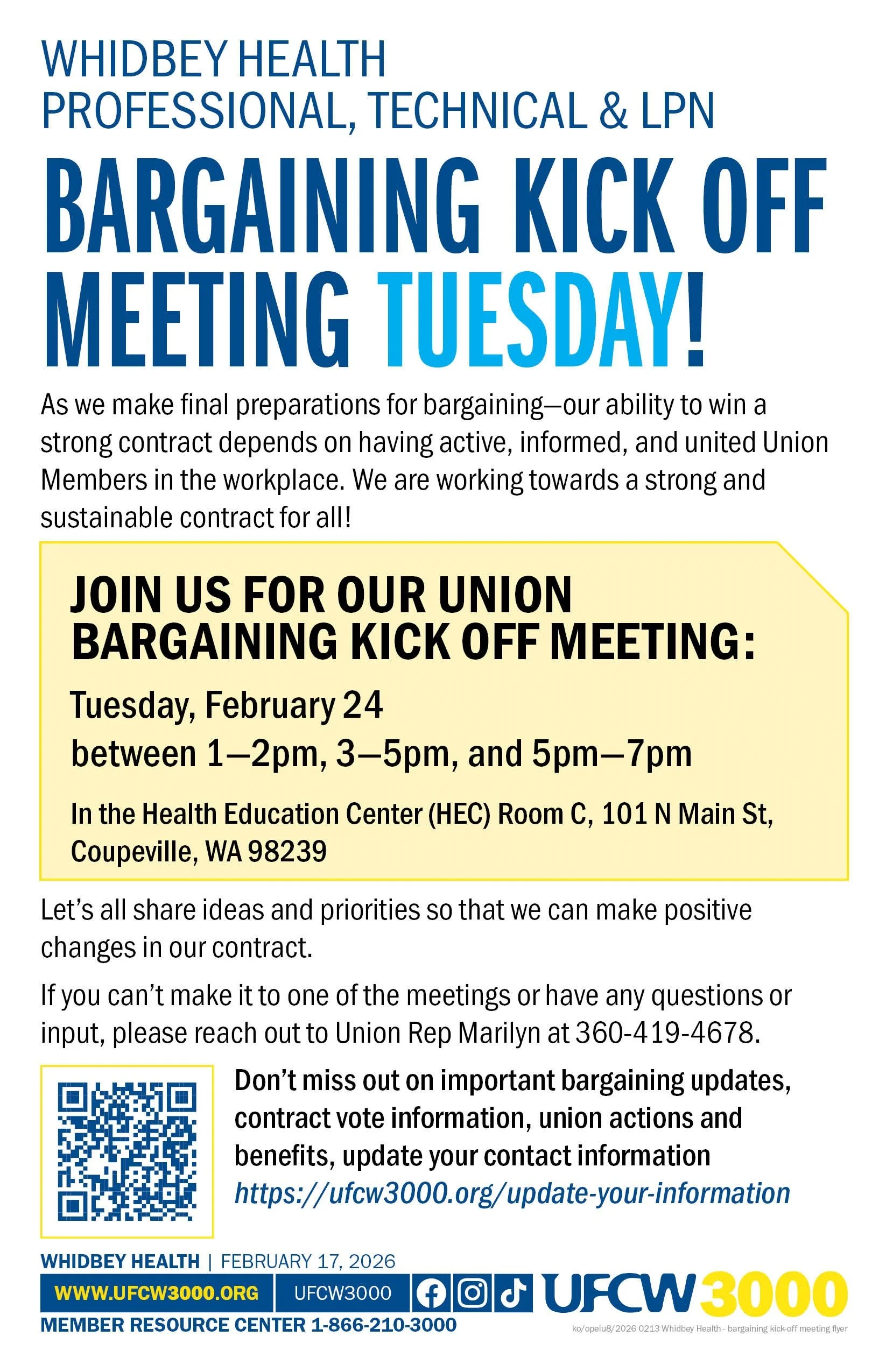
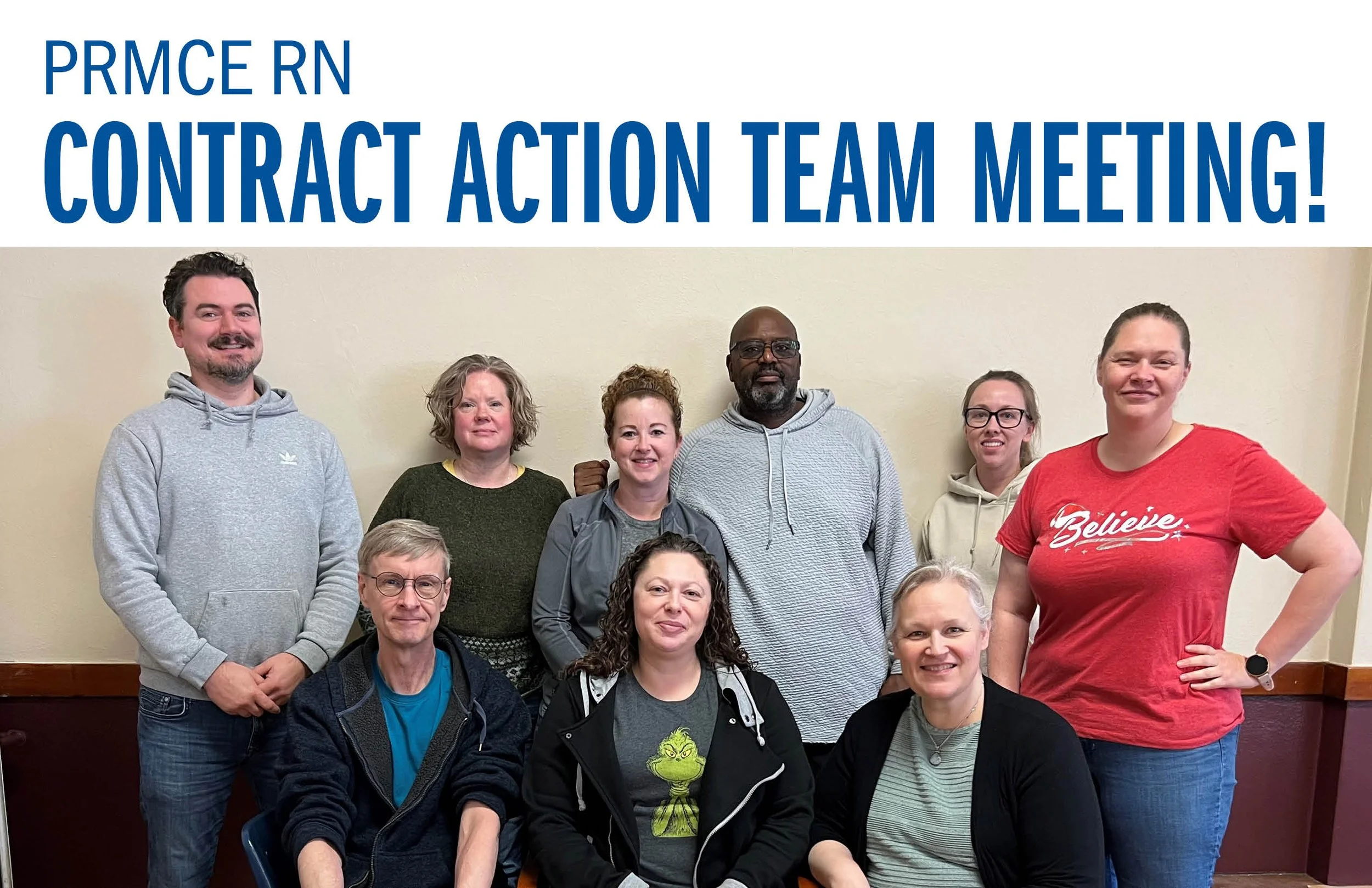

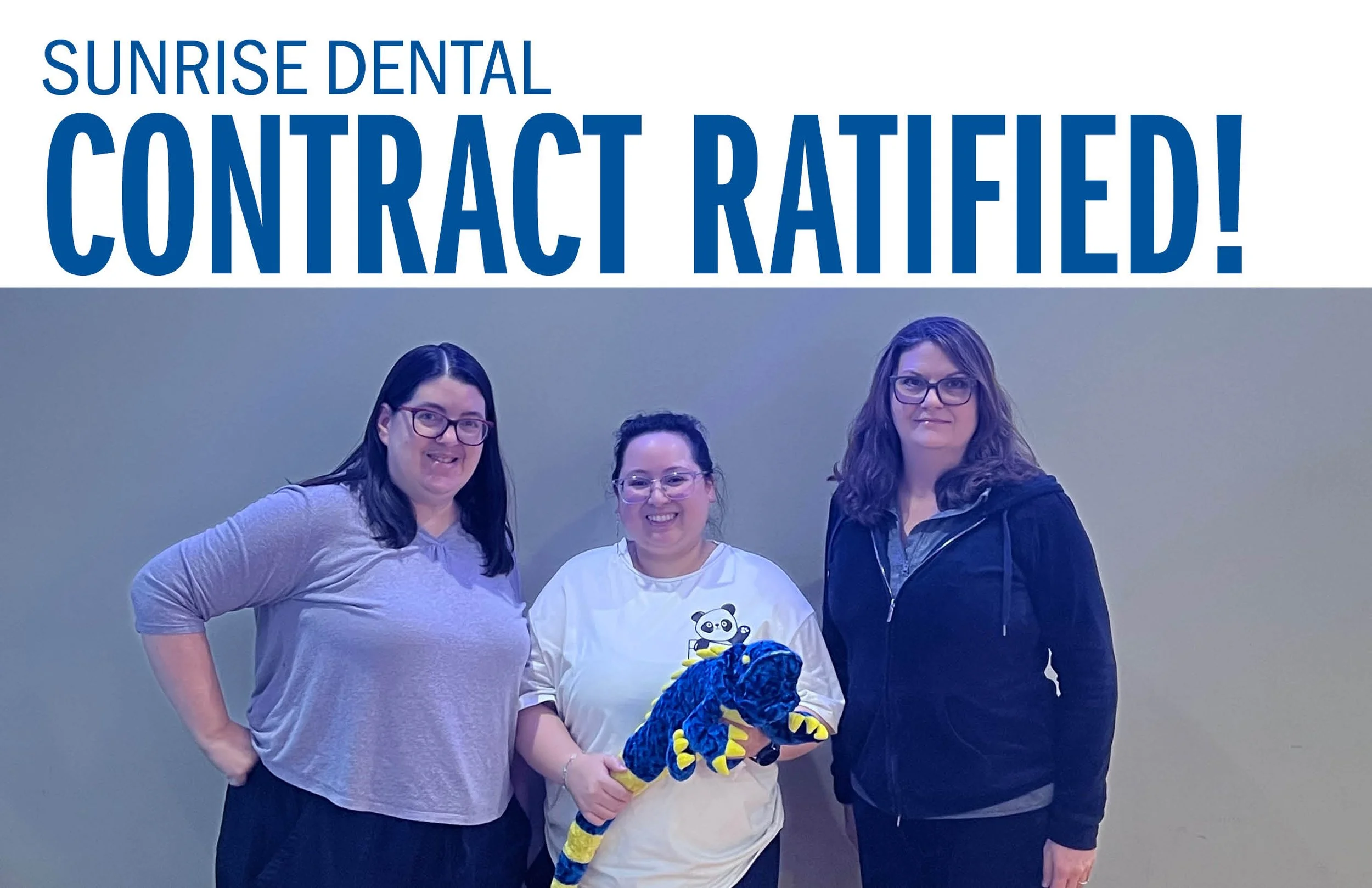
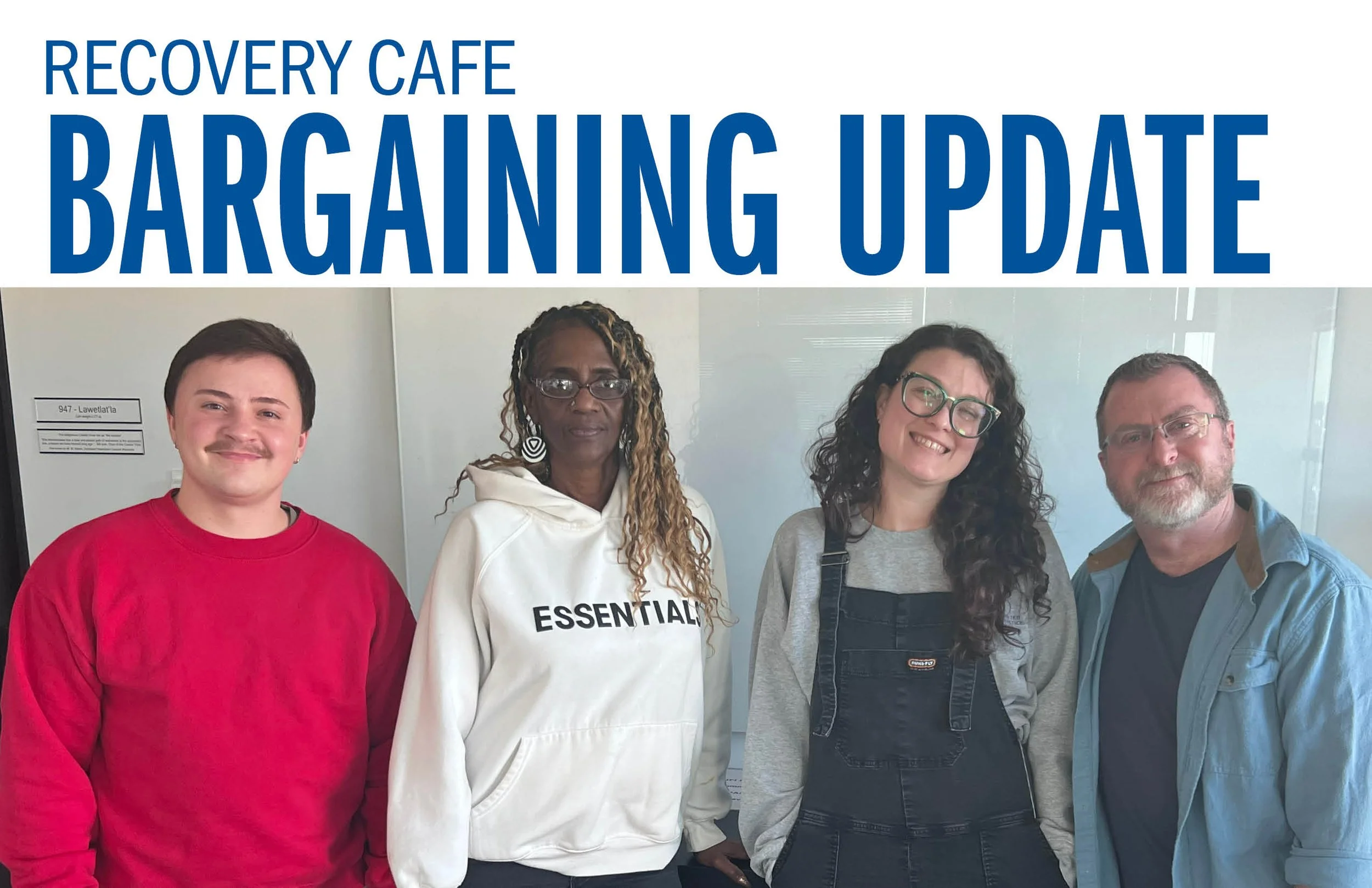
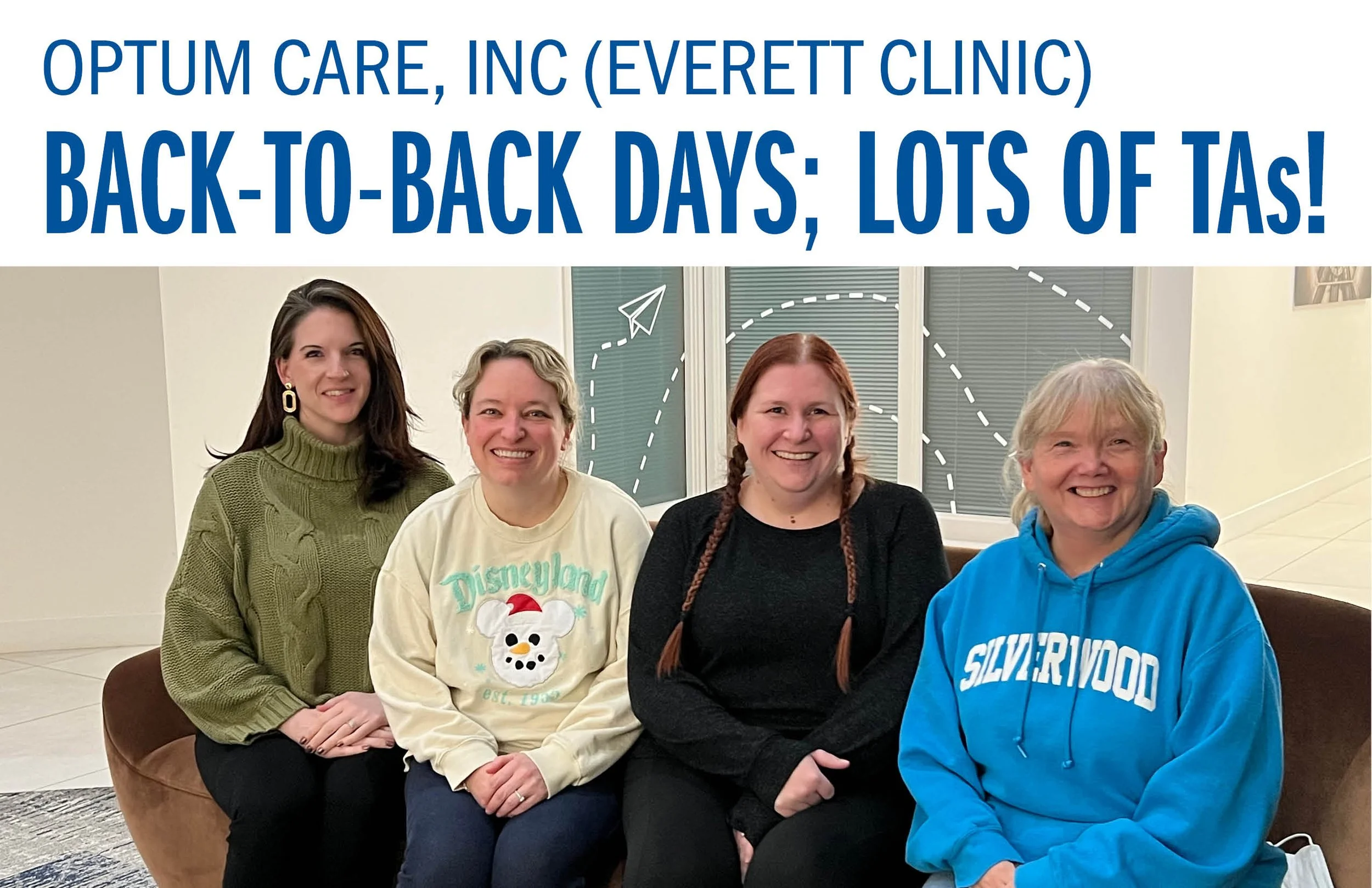
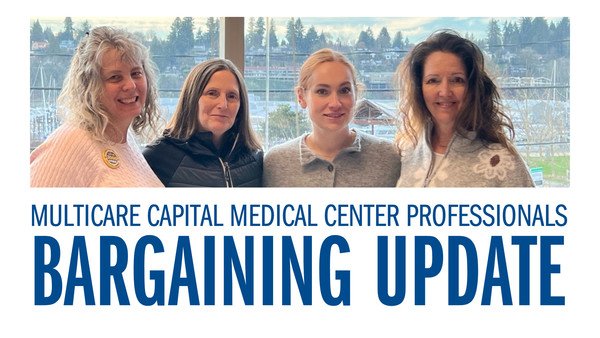
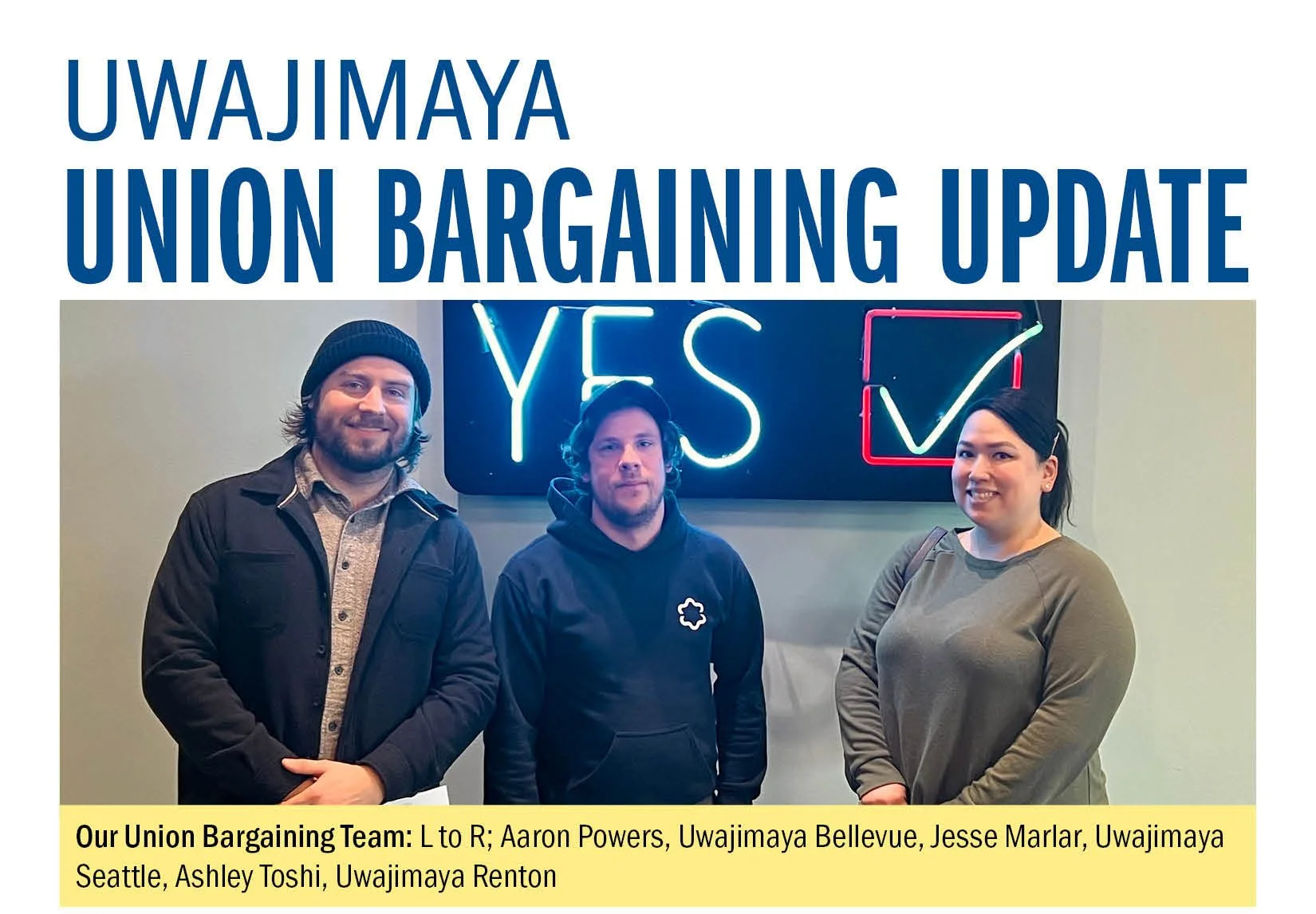
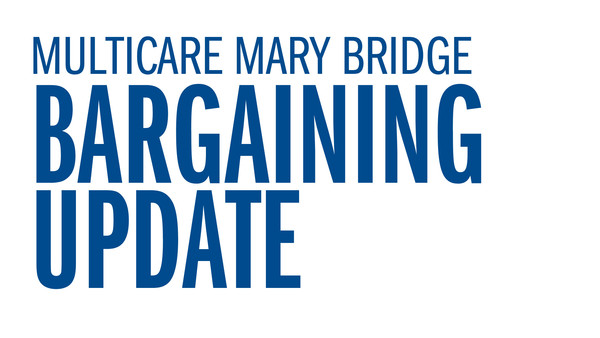
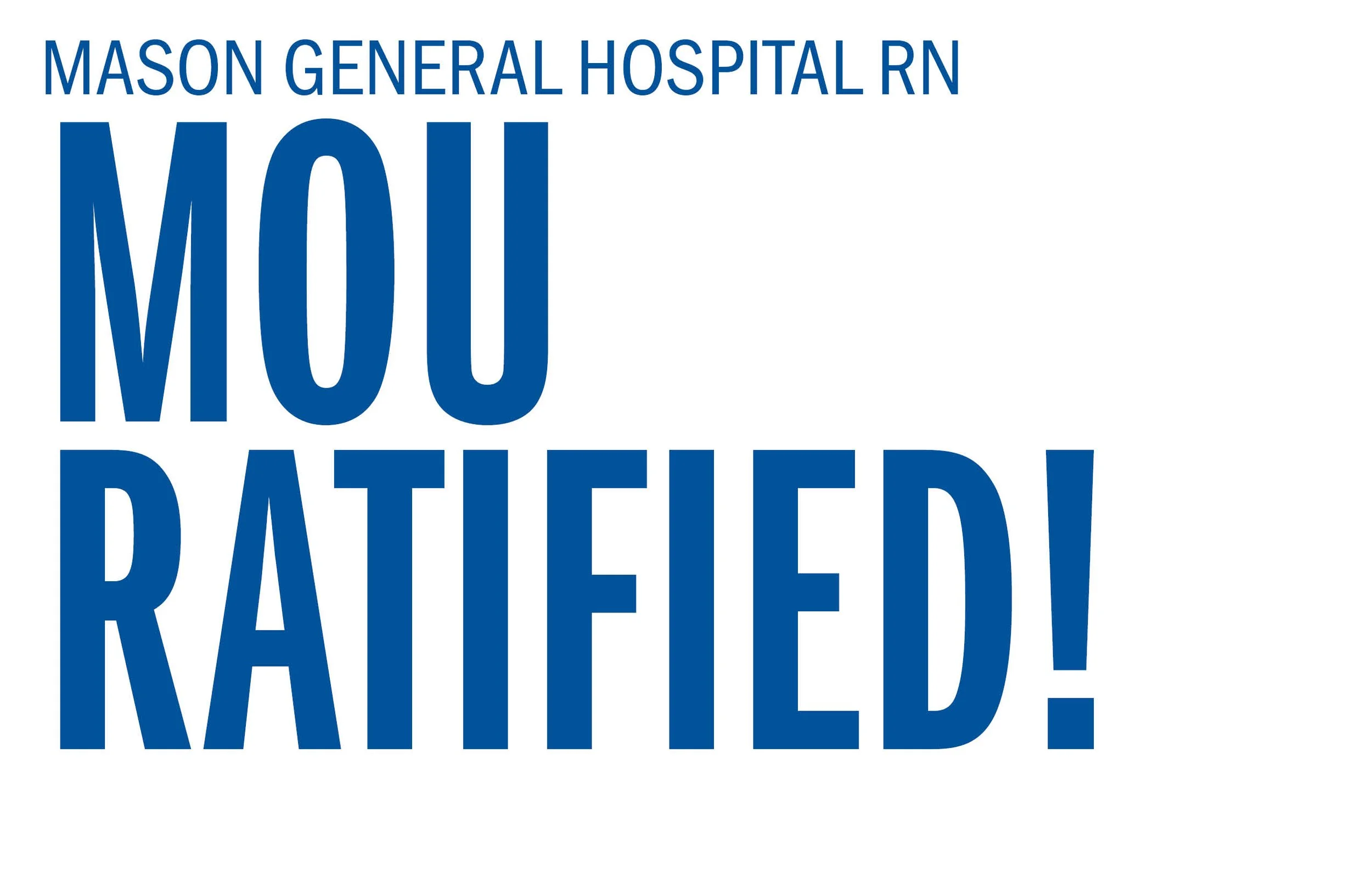
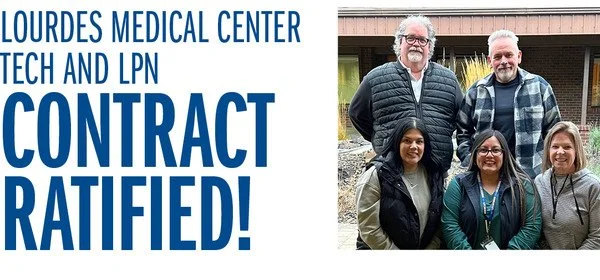
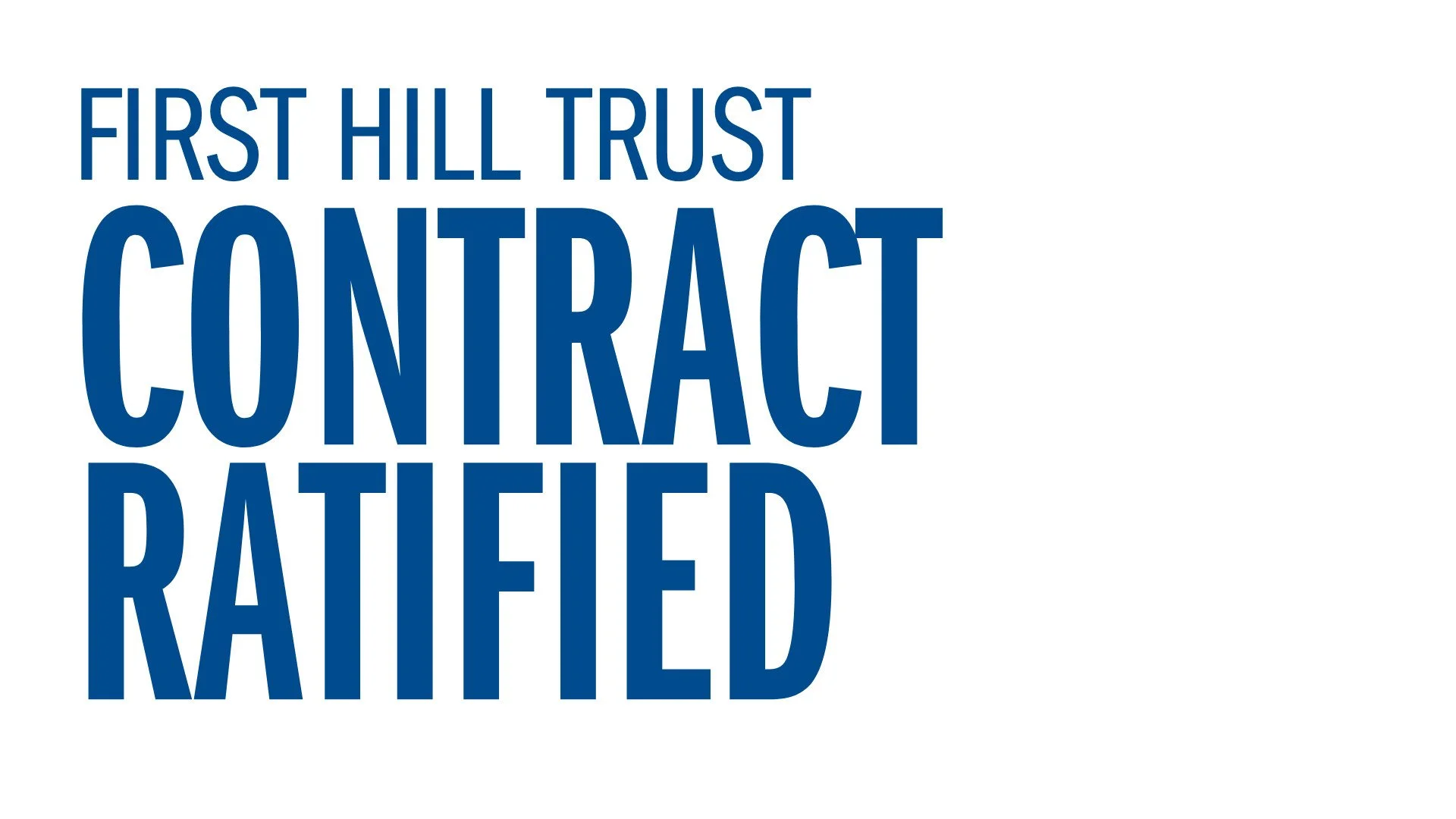
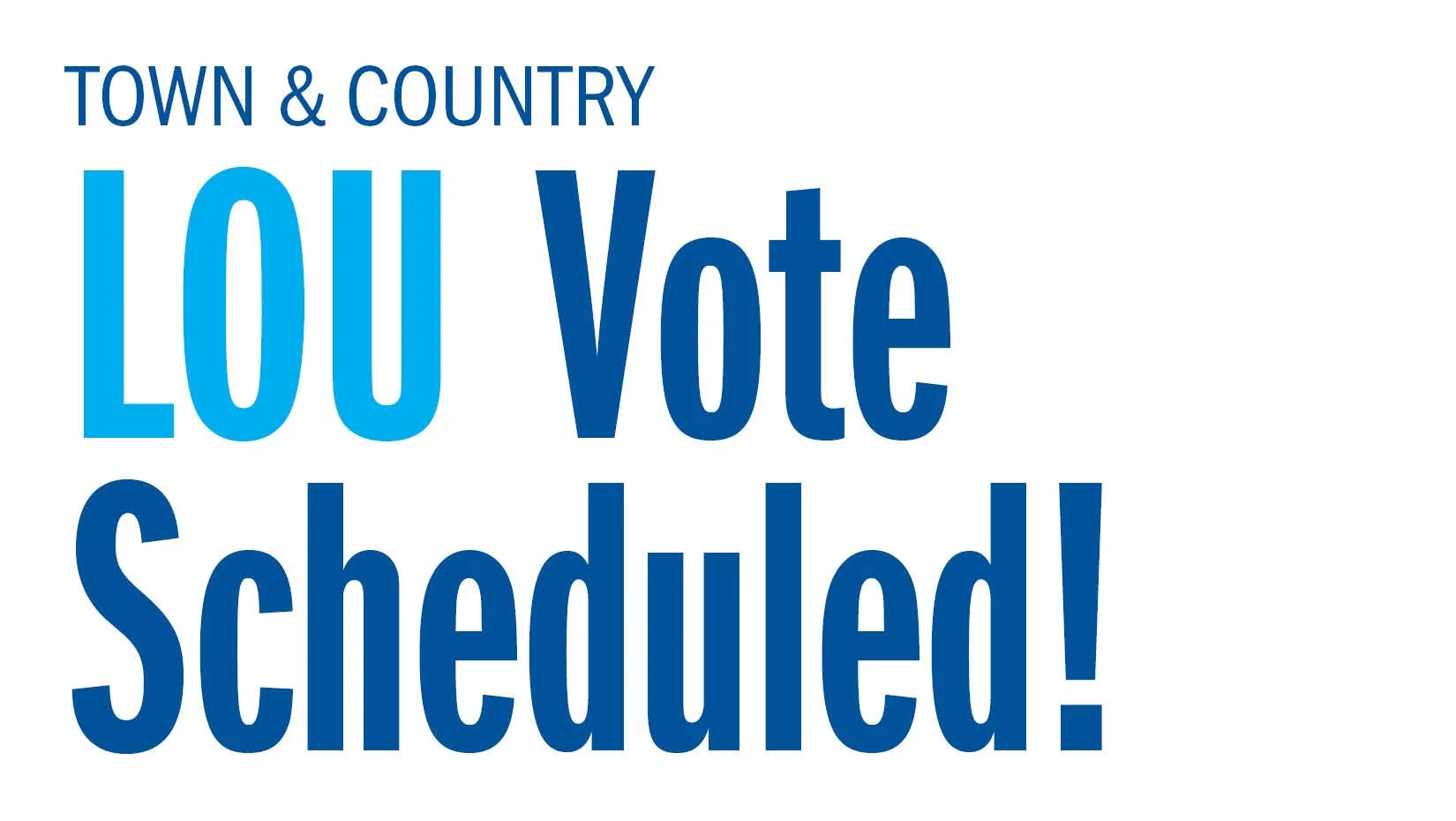
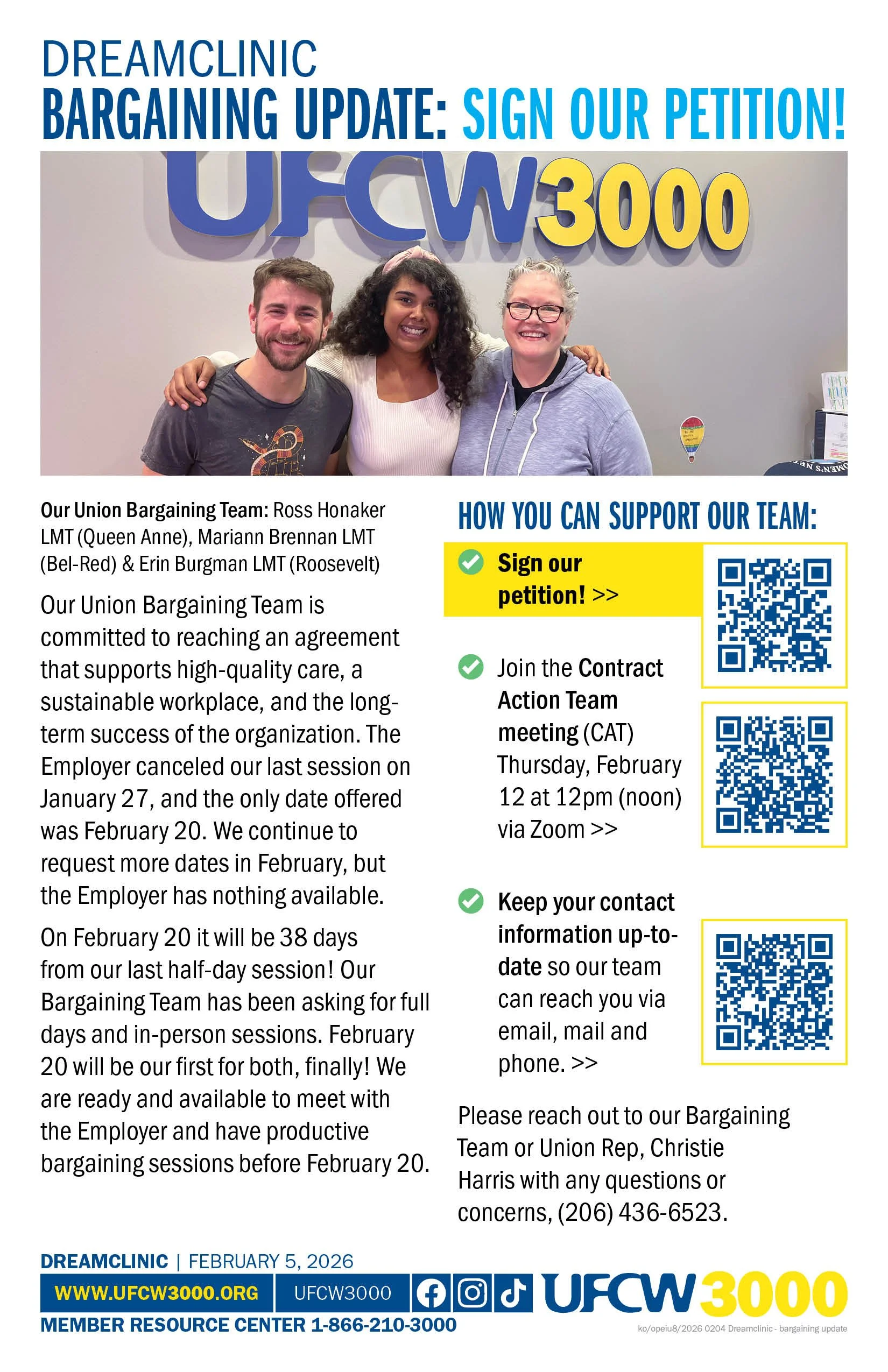

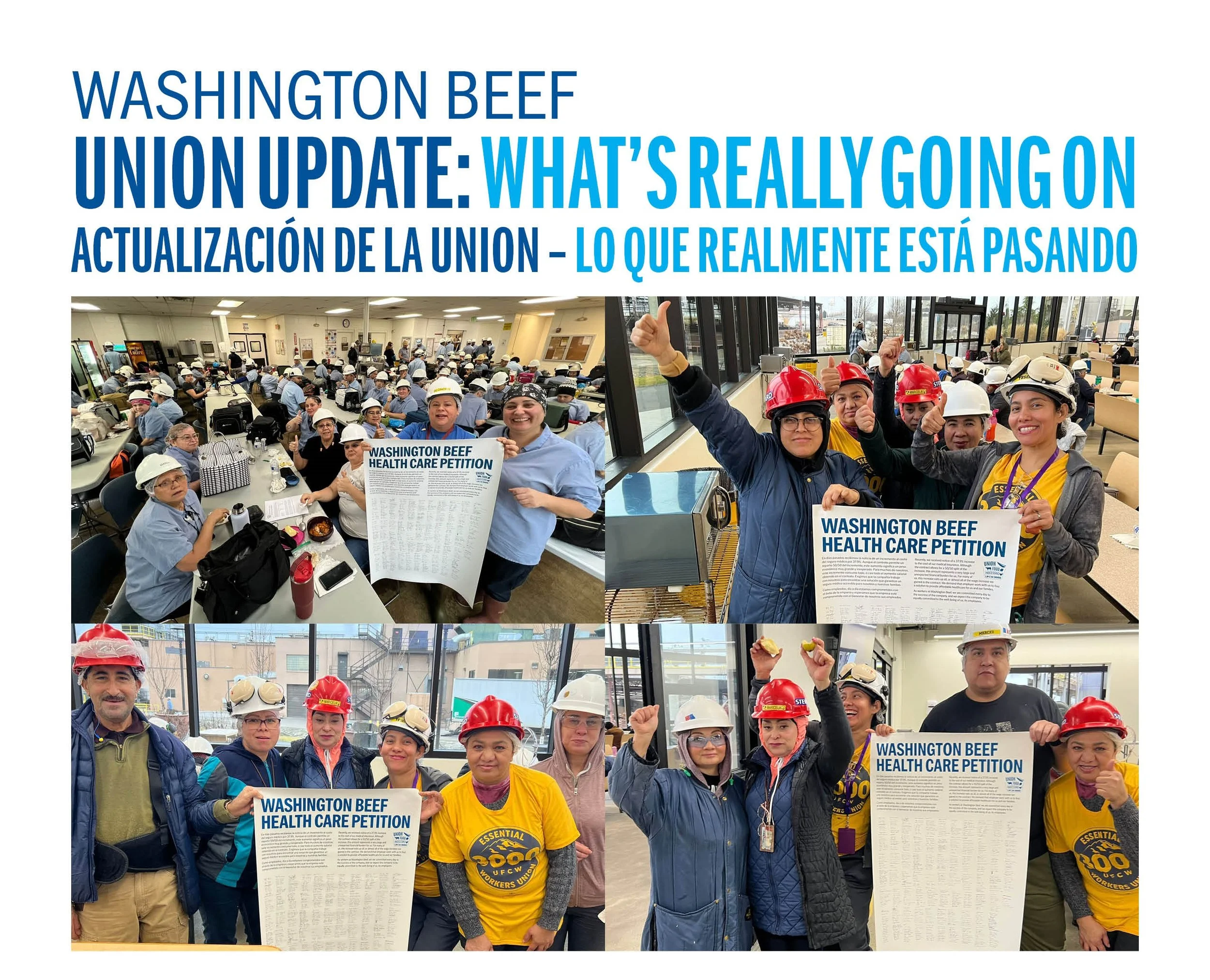

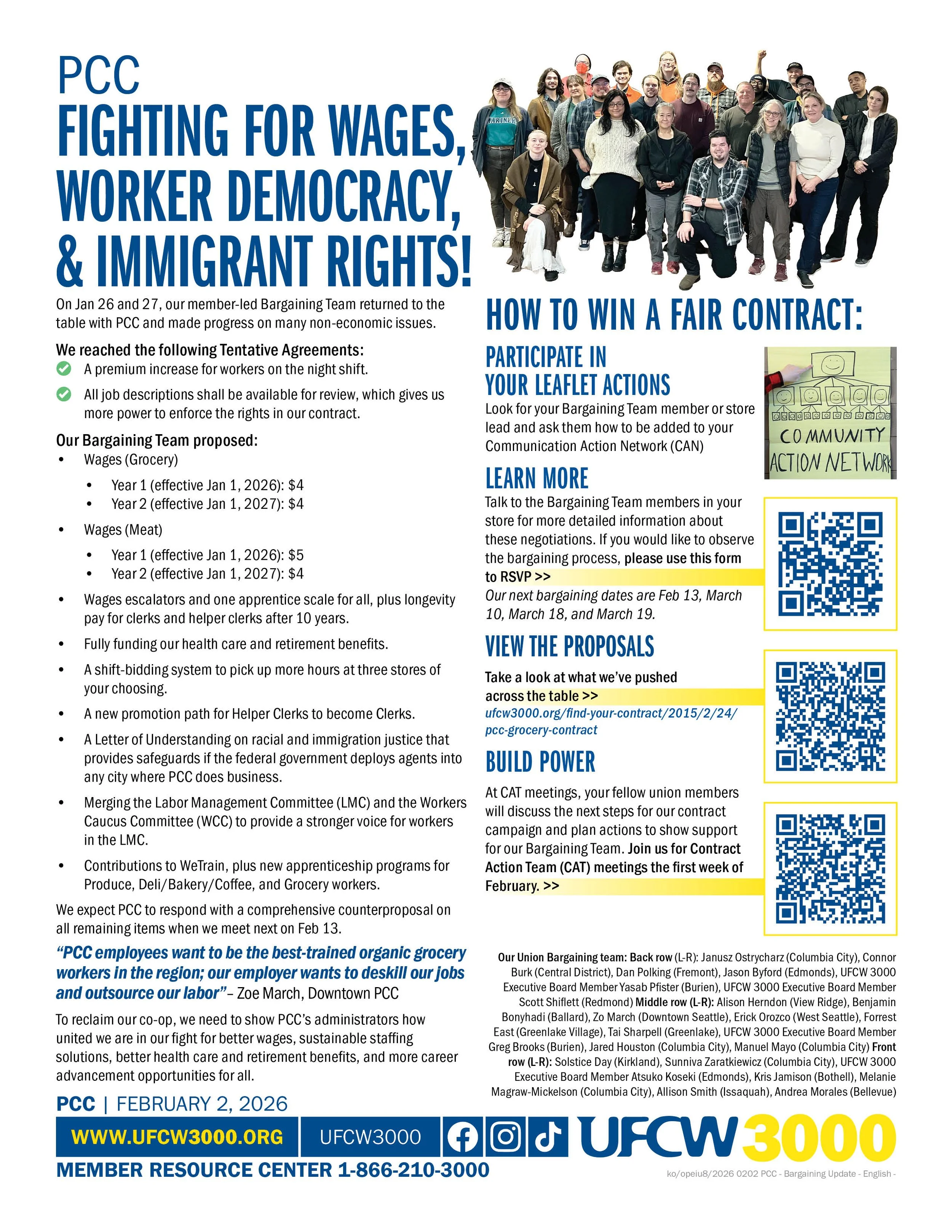
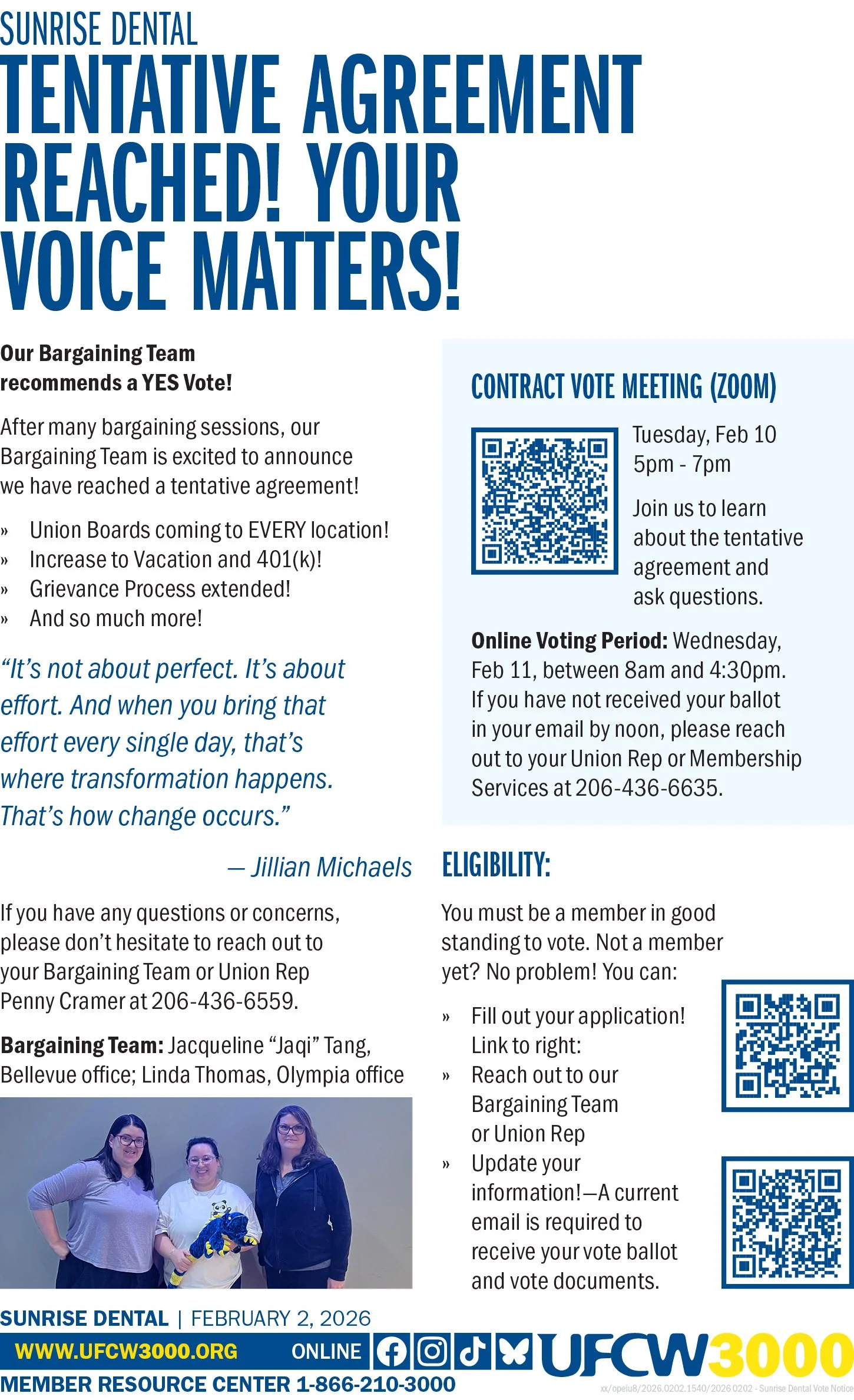









Read the Summer 2015 Newsletter
On the front cover:
Summer fun at the UFCW 21 picnics. Everyone had a great time at the picnics this summer in Seattle, Bremerton and Spokane with many games, prizes, good food and family fun.